Erdoğan calls Israel 'terror state' over Al-Aqsa attacks
President Erdoğan has called Israel a "terror state" following Israeli police's attacks in Al-Aqsa. "The cruel Israel, terror state Israel is mercilessly and unethically attacking Muslims in Jerusalem," Erdoğan said.
Duvar English - Reuters
Turkish President Recep Tayyip Erdoğan called Israel a "terror state" on May 8 after Israeli police fired rubber bullets and stun grenades towards Palestinians at Jerusalem's Al-Aqsa mosque on May 7.
He added that Ankara had launched initiatives to mobilize international institutions.
The clashes at Islam's third-holiest site and around East Jerusalem, which injured at least 205 Palestinians, came amid mounting anger over the potential eviction of Palestinians from homes on land claimed by Jewish settlers. Israel's Supreme Court will hold a hearing on the case on May 10.
Speaking at an event in Istanbul, Erdoğan called on all Muslim countries and the international community to take "effective" steps against Israel, adding that those who remain silent were "a party to the cruelty there."
"The cruel Israel, terror state Israel is mercilessly and unethically attacking Muslims in Jerusalem," Erdoğan said.
We strongly condemn Israel's heinous attacks against our first qibla #AlAqsaMosque, that are unfortunately being carried out every Ramadan.
— Recep Tayyip Erdoğan (@RTErdogan) May 8, 2021
As Turkey, we will continue to stand by our Palestinian brothers and sisters in all circumstances.
He added that Turkey had "immediately launched the necessary initiatives to get the United Nations, Organisation for Islamic Cooperation and all relevant institutions to take action."
Several Turkish officials criticized Israel late on May 7 as clashes erupted, and most opposition parties echoed the condemnations. Social media users from all political beliefs also condemned Israel.
There was no immediate response to a request for comment from Israel's foreign ministry. Prime Minister Benjamin Netanyahu said in a statement that law and order would be maintained in Jerusalem as would the right to worship.
Hundreds of people crowded outside Israel's embassy in Ankara and its consulate in Istanbul late on May 7, despite a nationwide COVID-19 lockdown, in protest of the violence in Jerusalem and Al-Aqsa.
Turkey has condemned what it said was Israel's "systematic attempt at evicting Palestinians." Erdoğan on May 8 called for evictions to be halted.
"Otherwise, we will do everything we can to ensure the cruel are sentenced to the fate they deserve," he warned, without elaborating.
Former allies Turkey and Israel have had a bitter falling-out in recent years despite strong commercial ties, mutually expelling ambassadors in 2018.
Ankara has repeatedly condemned Israel's occupation of the West Bank and its treatment of Palestinians, while playing down prospects of a rapprochement amid sharp policy differences.
Foreign Minister Mevlüt Çavuşoğlu has said any rapprochement between the two sides was unlikely as long as Israeli policies towards Palestinians continued, and Erdoğan has said that while Ankara would like to improve ties with Israel, it cannot abandon its Palestinian policy.
On May 7, Çavuşoğlu held talks in Ankara with Palestinian Foreign Minister Riyad al-Maliki.
Clashes between Palestinian protesters and Israeli police outside the Old City of Jerusalem continued on May 8 as tens of thousands of Muslim worshippers prayed at the Al-Aqsa Mosque on Islam's holy night of Laylat al-Qadr.
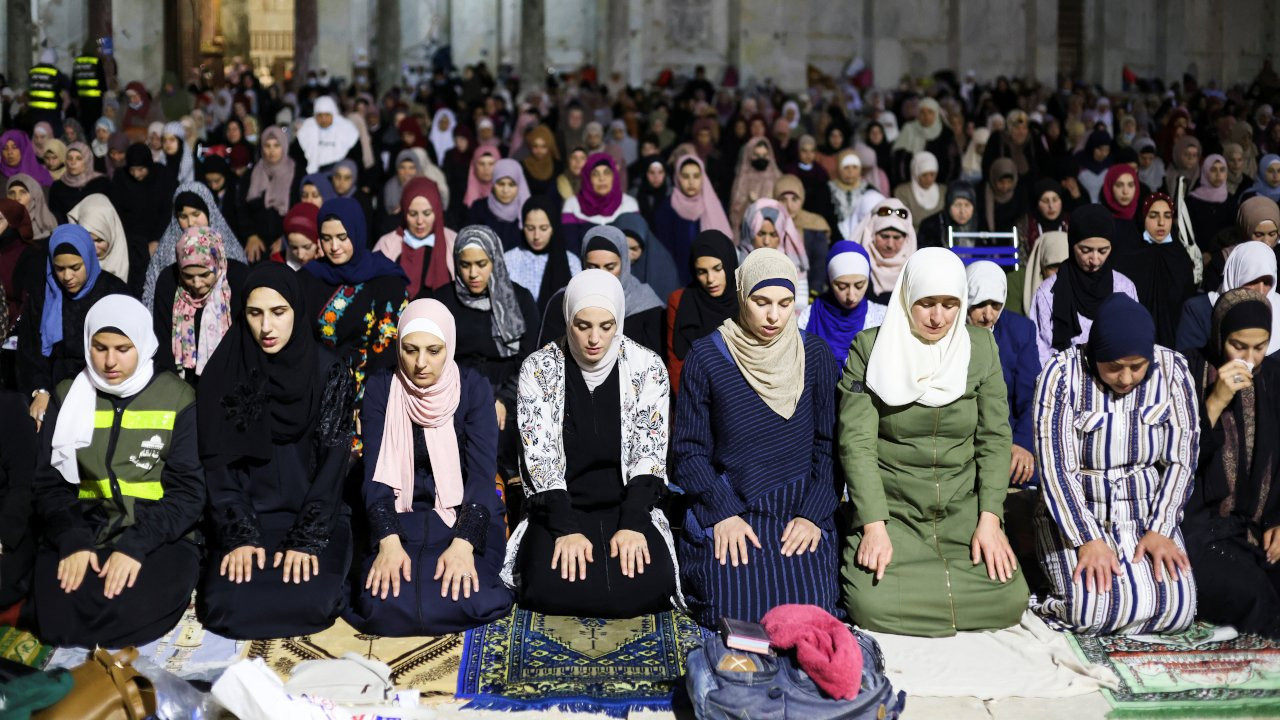
Palestinian youth threw stones, lit fires and tore down police barricades in the streets leading to the walled Old City gates as officers on horseback and in riot gear used stun grenades and water cannons to repel them.
At least 80 people were injured, including minors and a one-year-old, and 14 were taken to hospital, the Palestine Red Crescent said.
"They do not want us to pray. There is a fight every day, every day there are clashes. Every day there are troubles," said Mahmoud al-Marbua, 27, speaking near the Old City's Damascus Gate. Pointing to police chasing youths and firing thunder-flashes at them, he added: "Look how they are firing at us. How can we live?"

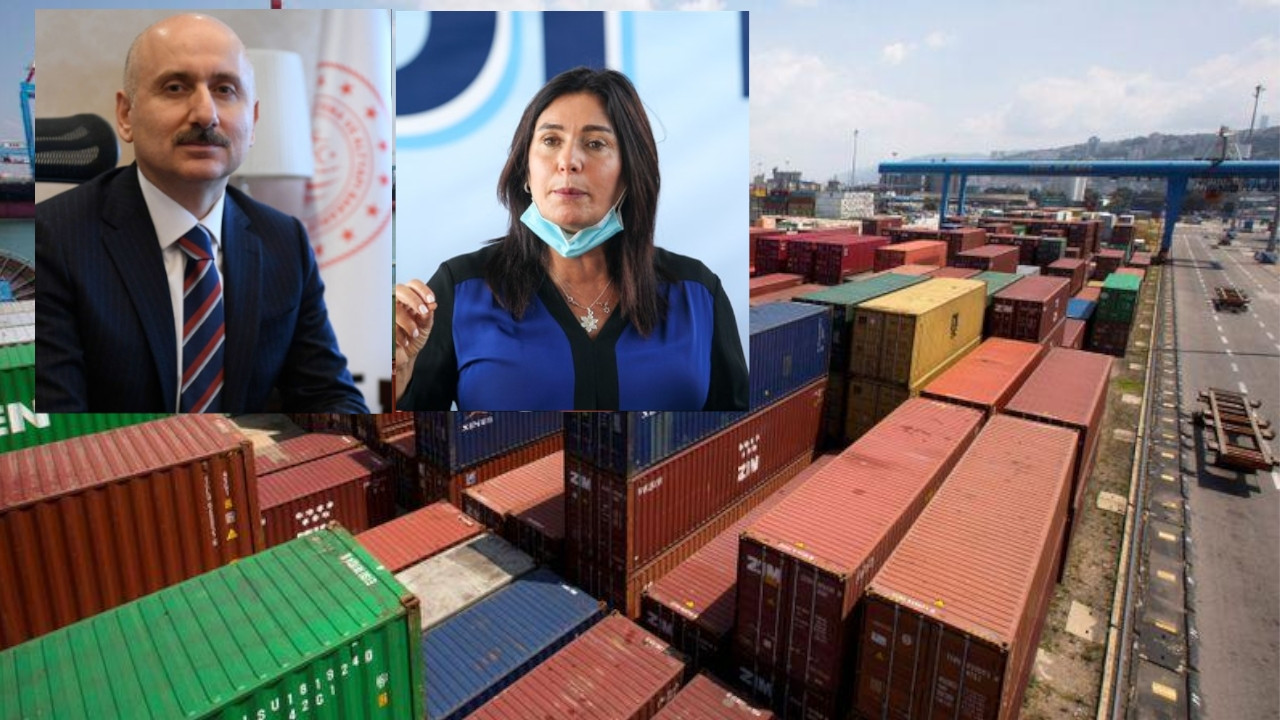 Turkish transport minister 'seeking Israeli counterpart's help on Haifa Port privatization bid'Diplomacy
Turkish transport minister 'seeking Israeli counterpart's help on Haifa Port privatization bid'Diplomacy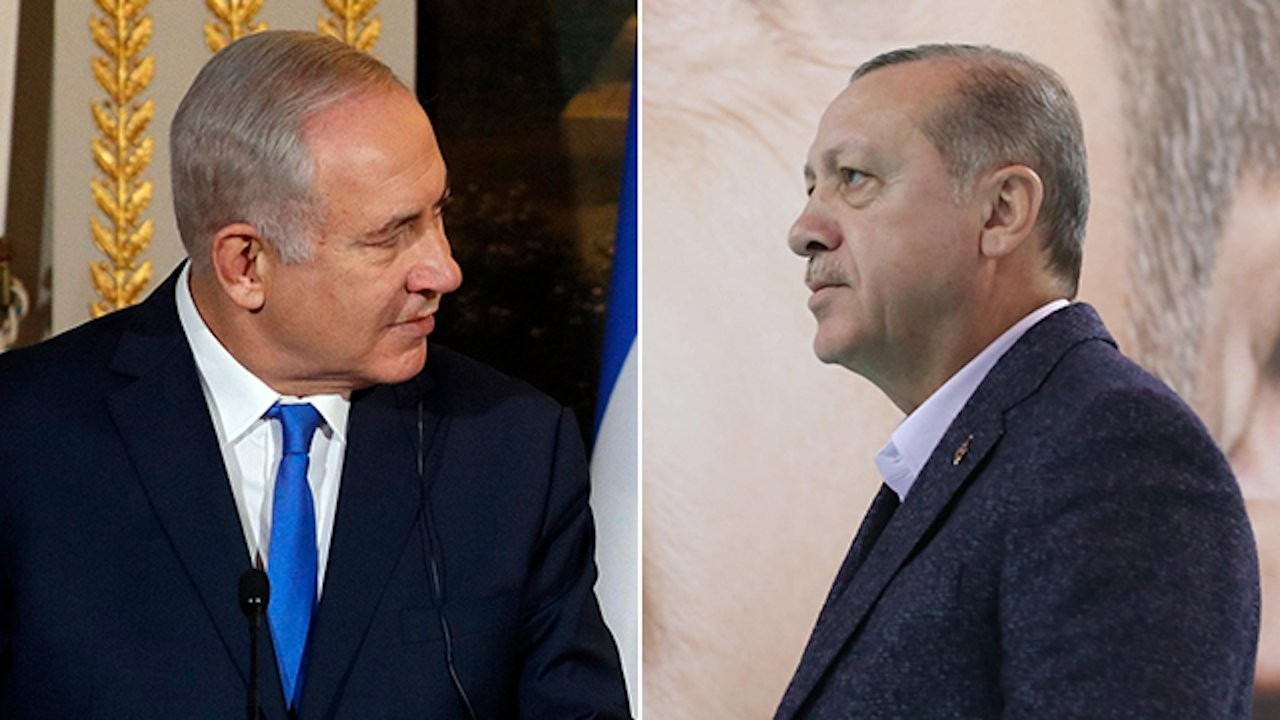 Turkey 'ready to exchange ambassadors with Israel again'Diplomacy
Turkey 'ready to exchange ambassadors with Israel again'Diplomacy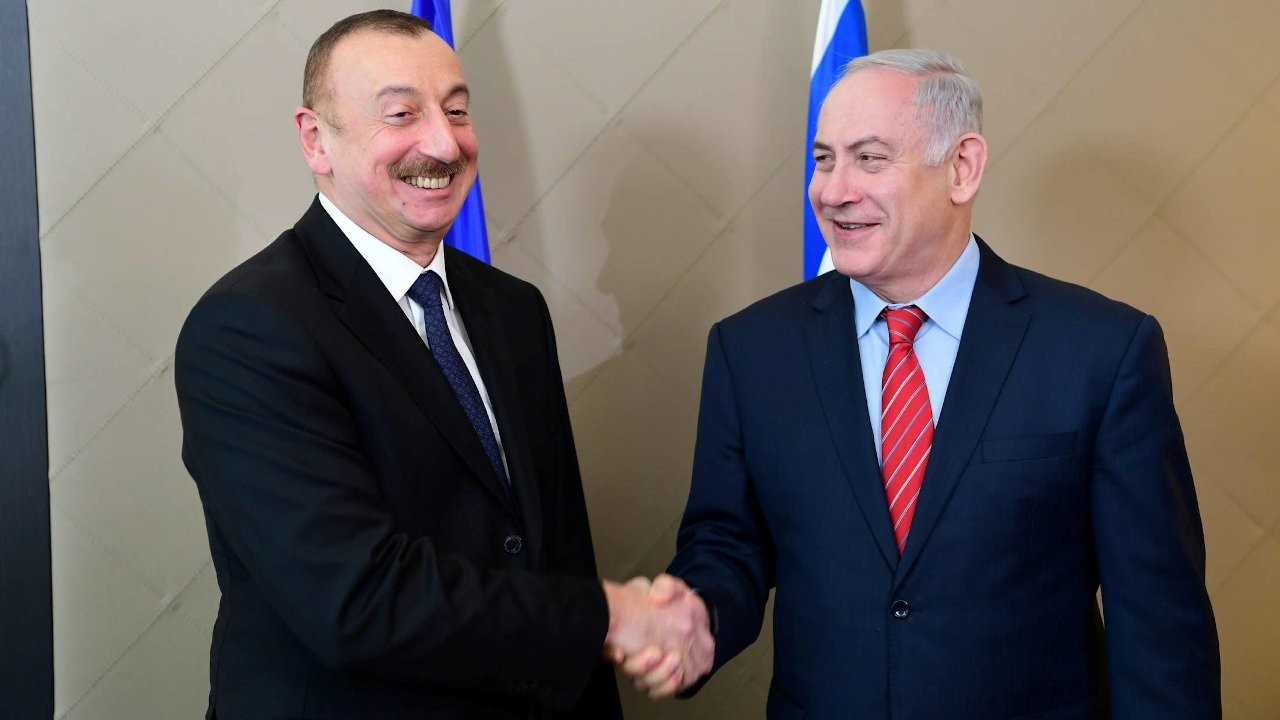 Baku says it is ready to host trilateral summit with Israel, TurkeyDiplomacy
Baku says it is ready to host trilateral summit with Israel, TurkeyDiplomacy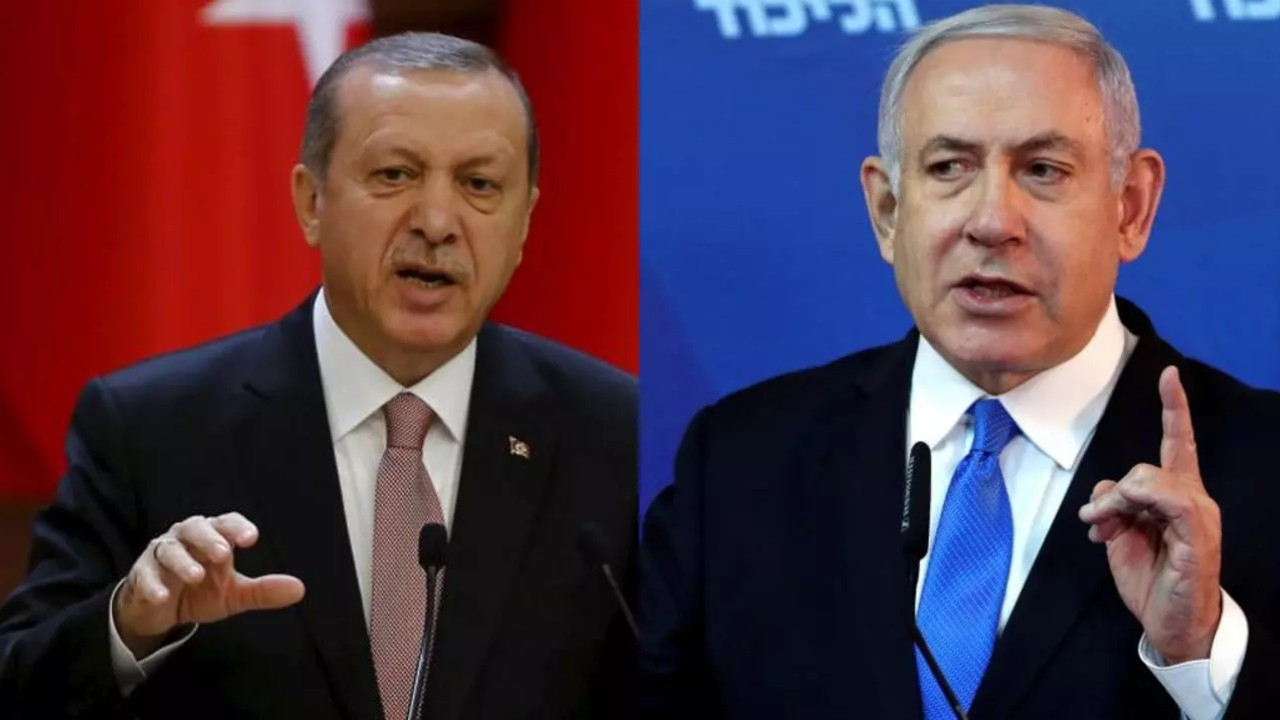 Israeli PM confirms contact with Turkey as part of normalization of tiesDiplomacy
Israeli PM confirms contact with Turkey as part of normalization of tiesDiplomacy